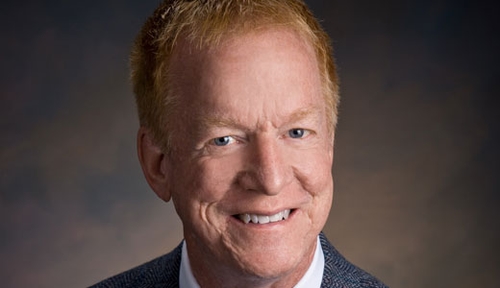By Michael Huckabee, Ph.D., professor and director of the University of Nebraska Medical Center Division of Physician Assistant Education. Dr. Huckabee has 30 years’ experience as a physician assistant, mostly in rural Nebraska.
So the next time you see your clinician, what if you were offered a new treatment?
We might say to you, “We have a new medication for your condition I’d like you to try. While you should know that this is a ‘placebo’ and has no active ingredients, we’ve found that many people with your condition find that it really helps. I think you would benefit from this treatment.”
Would you try it?
We’ve known for centuries that placebos work. Sugar pills, saline injections and even sham treatments that pretend to provide acupuncture result in many people reporting less pain, better sleep or cured infections.
And then there’s the researchers who, when developing new drugs, find that the placebo works as well or better than the experimental therapy.
The success of placebos are attributed to various theories:
- There are measurable endorphins and other brain chemicals with therapeutic properties that are activated by the use of placebos. Placebos for pain are notably successful here.
- Most ailments have psychological underpinnings that when appropriately managed, will diminish or provide complete relief of the problem. Placebos for anxiety or stress may be effective here.
- Some disorders dissipate naturally over time, so any treatment, including placebos, will appear to work when resting for a spell was all that was needed.
It’s all in the mind, this effect of placebos, dependent on a person believing it works. And it’s often a gamble, as there are plenty of studies published that show placebos that don’t work – those studies just don’t get the public press.
The struggle clinicians face is that we are held to a high standard of honesty with our patients. Deception is not acceptable, so it’s expected that we inform a patient when we offer a placebo.
That need not hold us back, based on a 2010 study of 80 patients with irritable bowel syndrome. Patients were informed they were being treated with a fake drug (the pill bottle was even labeled as “placebo pills”), and they still reported better improvement compared to the group that received no treatment.
Two critical features of a successful placebo effect are clear. One, the patient must have complete confidence in his or her clinician. Two, the clinician must hold that confidence as sacred and stay committed to providing the highest quality care possible. Both should be true regardless of using a placebo.
No matter what, if either feature is breached, all bets are off.
